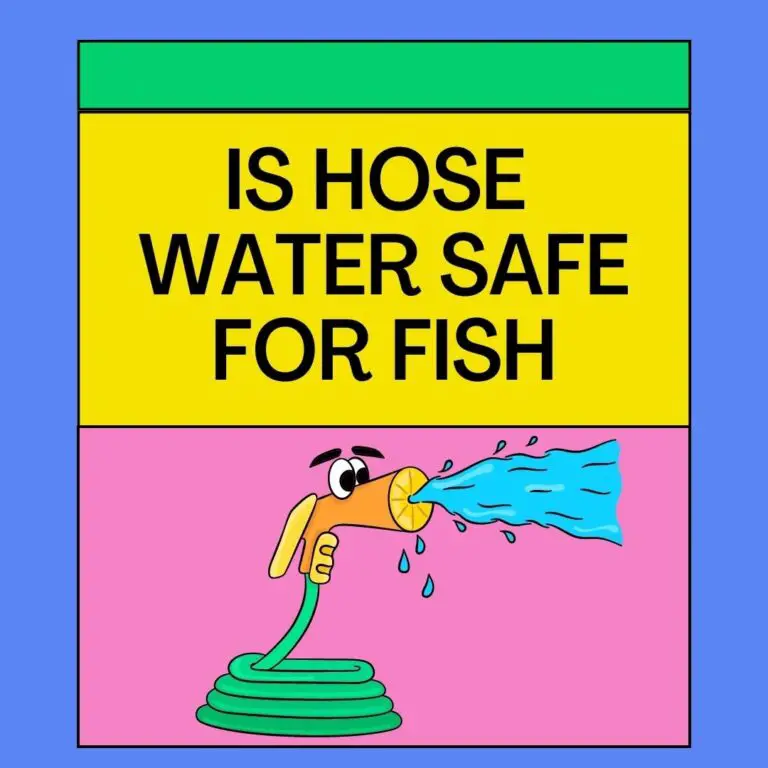
Saltwater fish and freshwater fish cannot survive in each other’s habitats due to the significant differences in the chemical composition and osmotic balance of their respective environments. Here are the key reasons why each type of fish cannot live in the other’s habitat:
Saltwater Fish in Freshwater:
- Osmoregulation: Saltwater fish are osmoconformers, meaning their bodies maintain an internal salt concentration similar to that of the surrounding seawater. When placed in freshwater, which has a lower salt concentration, saltwater fish face a challenge known as osmotic shock. They continuously lose essential salts through their gills, causing dehydration, electrolyte imbalances, and potentially damaging their organs.
- Ion Regulation: Saltwater fish have evolved to regulate the balance of ions, such as sodium and chloride, in their bodies. In freshwater, where the ion concentration is lower, saltwater fish would experience an influx of water into their cells, disrupting the ion balance and impairing their physiological functions.
- Respiratory Adaptations: The gills of saltwater fish are adapted to extract oxygen efficiently from saltwater, which has a higher oxygen content compared to freshwater. If saltwater fish were placed in freshwater, their gills would struggle to extract sufficient oxygen from the less oxygen-rich water, leading to respiratory distress and potentially suffocation.
- Kidney Function: The kidneys of saltwater fish are adapted to excrete small amounts of concentrated urine to conserve water in their hypertonic environment. In freshwater, where there is a higher concentration of water and lower salt content, their kidneys would struggle to produce concentrated urine, leading to excessive water intake and the dilution of their internal fluids. This disrupts their osmotic balance and can harm their internal organs.
Freshwater Fish in Saltwater:
- Osmoregulation: Freshwater fish are osmoregulators, meaning they actively maintain a higher internal salt concentration than the surrounding freshwater. When placed in saltwater, which has a higher salt concentration, freshwater fish face a challenge known as hyperosmotic shock. They lose water through their gills and body surface, leading to dehydration and imbalances in their internal fluids.
- Ion Regulation: Freshwater fish have specialized adaptations to actively uptake ions from their environment, as they live in an environment where ions are less abundant. In saltwater, where the ion concentration is higher, freshwater fish would face excessive ion intake, leading to an imbalance of ions in their bodies. This can disrupt their physiological processes and cause harm.
- Kidney Function: The kidneys of freshwater fish are adapted to excrete large volumes of dilute urine to rid their bodies of excess water. In saltwater, where there is a lower concentration of water, their kidneys would struggle to remove the excess salt efficiently. This can lead to dehydration and an inability to maintain proper osmotic balance.
Conclusion
The inability of saltwater fish to live in freshwater, and vice versa, stems from the distinct adaptations each type of fish has developed for osmoregulation. Understanding these adaptations provides valuable insights into the delicate balance of aquatic ecosystems and the challenges faced by fish in different environments. By appreciating the complexities of osmoregulation, we can work towards conserving fish populations and maintaining the health of our aquatic ecosystems.
FAQs
1. Can all saltwater fish survive in freshwater? No, not all saltwater fish can survive in freshwater. Saltwater fish have evolved specific adaptations to live in high-salinity environments, and sudden exposure to freshwater can disrupt their osmoregulatory processes, leading to health issues and potential death.
2. How long can a saltwater fish survive in freshwater? The survival time of a saltwater fish in freshwater depends on various factors, including the species, size, and the rate of salinity change. In general, the mismatch in osmotic conditions can be detrimental, and most saltwater fish will struggle to survive for extended periods in freshwater.
3. What happens if a freshwater fish is placed in saltwater? When a freshwater fish is placed in saltwater, it faces challenges related to excessive salt absorption and dehydration. The fish’s osmoregulatory mechanisms are not adapted to handle high-salinity environments, leading to physiological stress and potential health issues.
4. Are there any fish species that can tolerate both saltwater and freshwater environments? Yes, some fish species, known as euryhaline fish, can tolerate a wide range of salinity levels. These species have adaptations that allow them to osmoregulate in both saltwater and freshwater environments. An example of such a species is the Atlantic salmon.
5. How do fish adapt to different salinity levels in their natural habitats? Fish adapt to different salinity levels through specialized osmoregulatory mechanisms. Saltwater fish actively excrete excess salt and conserve water, while freshwater fish actively absorb salts and produce dilute urine. These adaptations enable them to maintain osmotic balance in their respective environments.





![Hw-602b vs Hw-603b [Best Canister Filter Suitability!]](https://huntandlunch.com/wp-content/uploads/2022/11/Hw-602b-Vs-Hw-603b-768x768.jpg)
